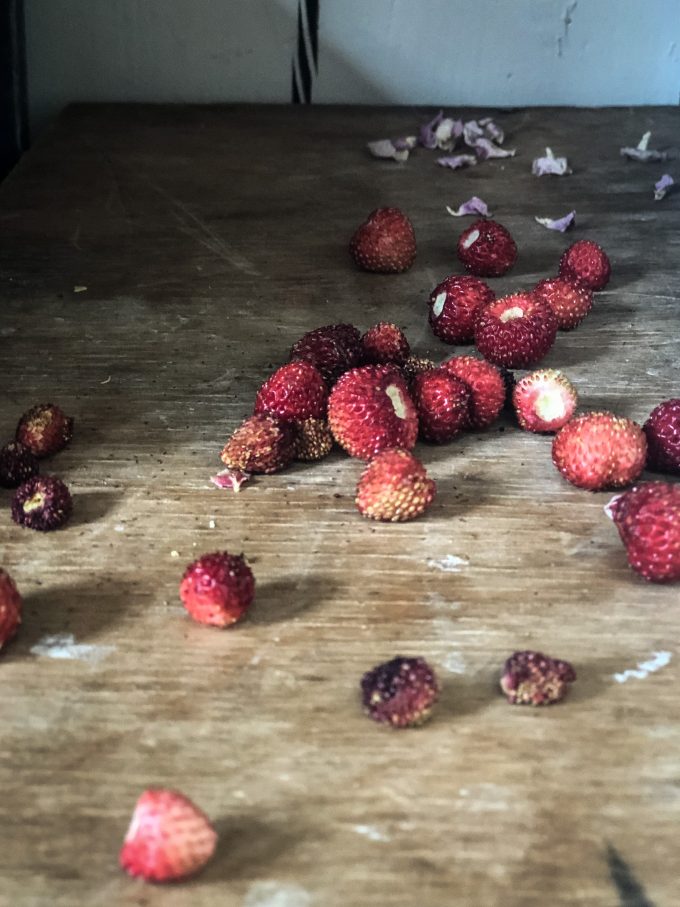Reference Number: 246
Year: 2018
Link: Link to original paper
Nutrition: Flavonoids
Inclusions: Berries | Blackberries | Berries>Blackberries
Summary

High-fat (HF) diets are thought to disrupt the profile of the gut microbiota in a manner that may contribute to the neuroinflammation and neurobehavioral changes observed in obesity. Accordingly, we hypothesize that by preventing HF-diet induced dysbiosis it is possible to prevent neuroinflammation and the consequent neurological disorders. Anthocyanins are flavonoids found in berries that exhibit anti-neuroinflammatory properties in the context of obesity. Here, we demonstrate that the blackberry anthocyanin-rich extract (BE) can modulate gut microbiota composition and counteract some of the features of HF-diet induced dysbiosis. In addition, we show that the modifications in gut microbial environment are partially linked with the anti-neuroinflammatory properties of BE. Through fecal metabolome analysis, we unravel the mechanism by which BE participates in the bilateral communication between the gut and the brain. BE alters host tryptophan metabolism, increasing the production of the neuroprotective metabolite kynurenic acid. These findings strongly suggest that dietary manipulation of the gut microbiota with anthocyanins can attenuate the neurologic complications of obesity, thus expanding the classification of psychobiotics to anthocyanins.
What does this mean for bakers?
This work suggests that we can help protect against obesity by increasing the amount of anthocyanin-rich berries we eat. We’d suggest the Life Kitchen’s Sourdough Blackberry, Fennel & Pistachio Focaccia as a great way to enjoy sourdough and berries.

